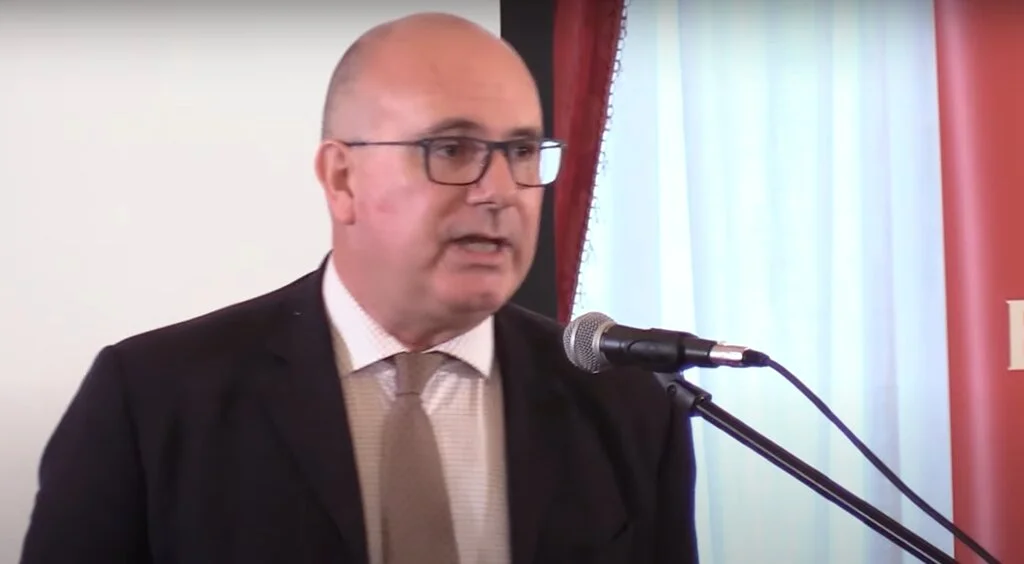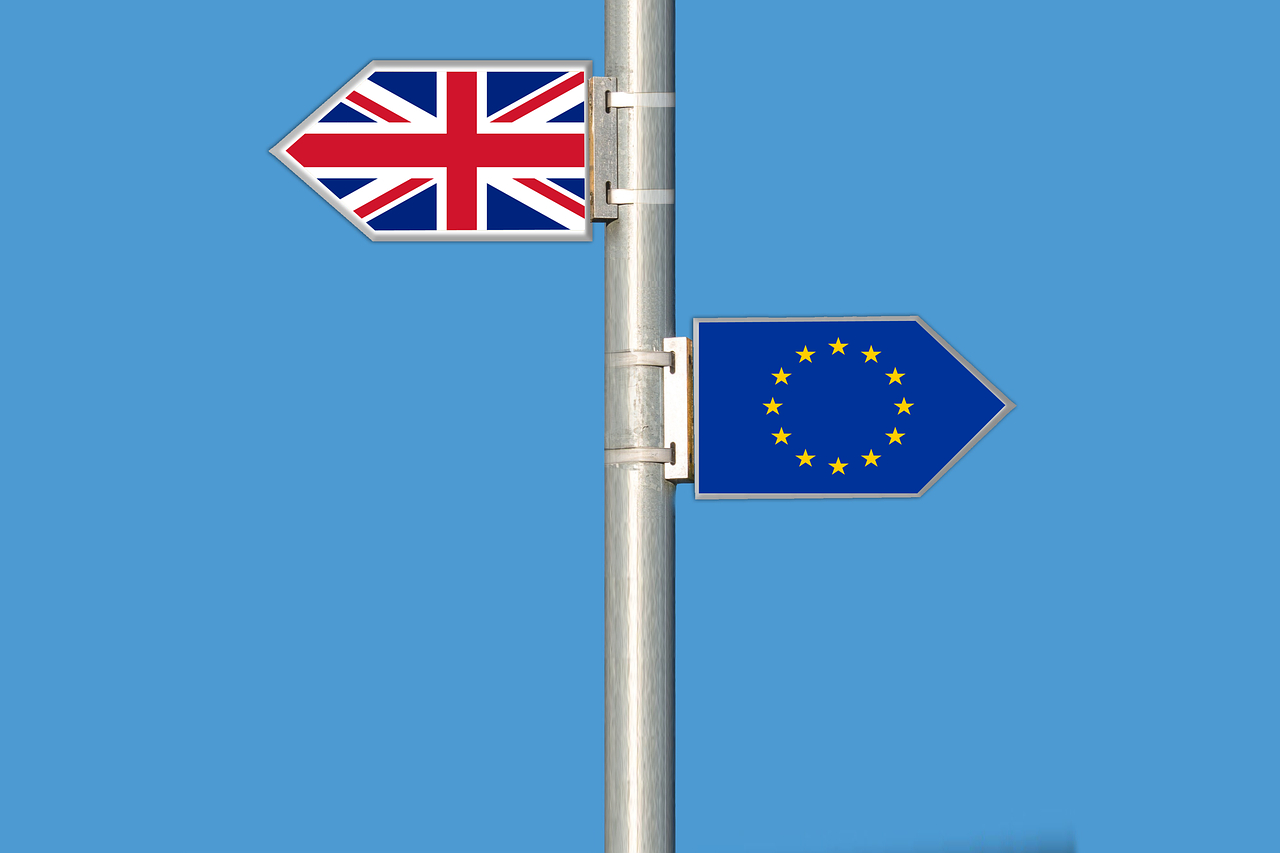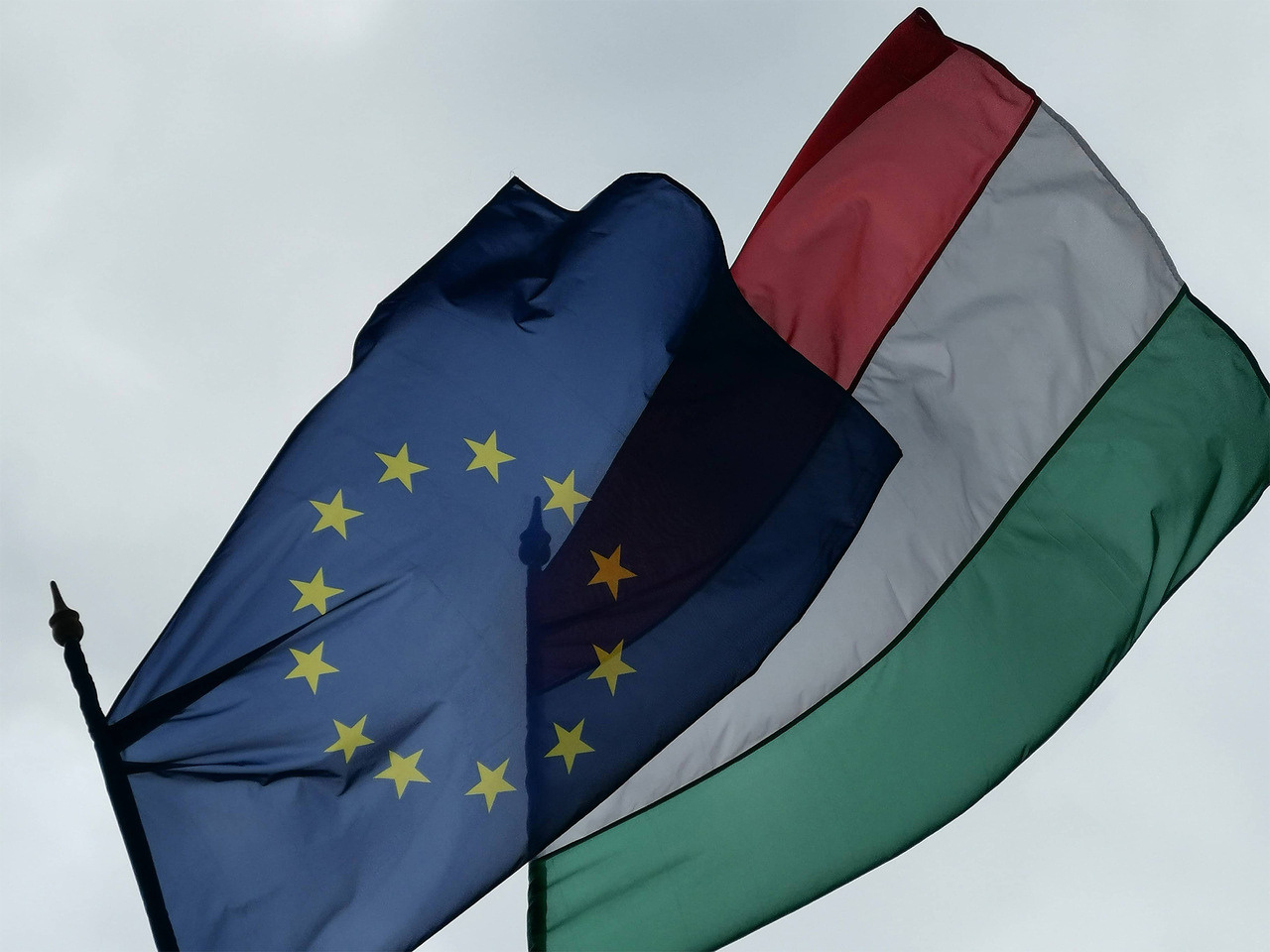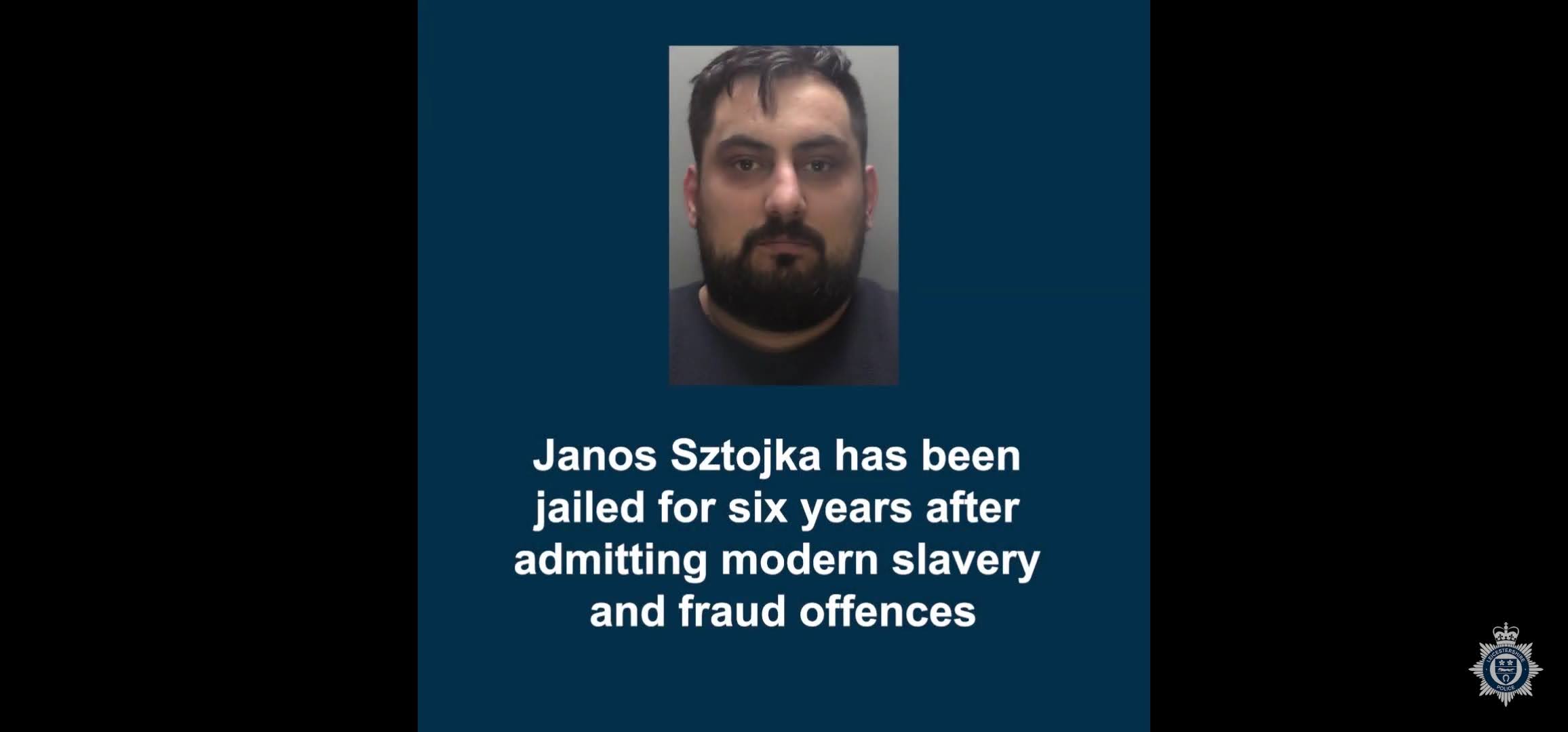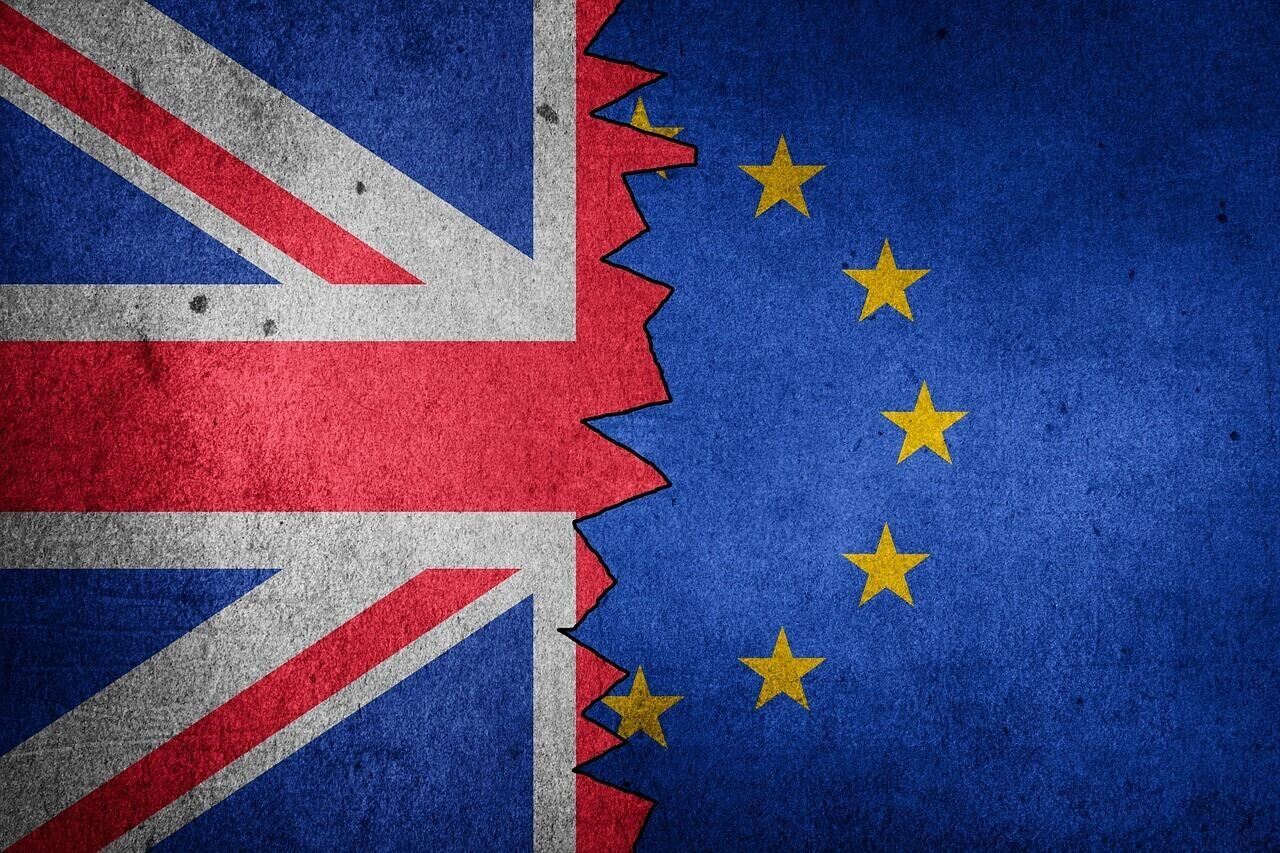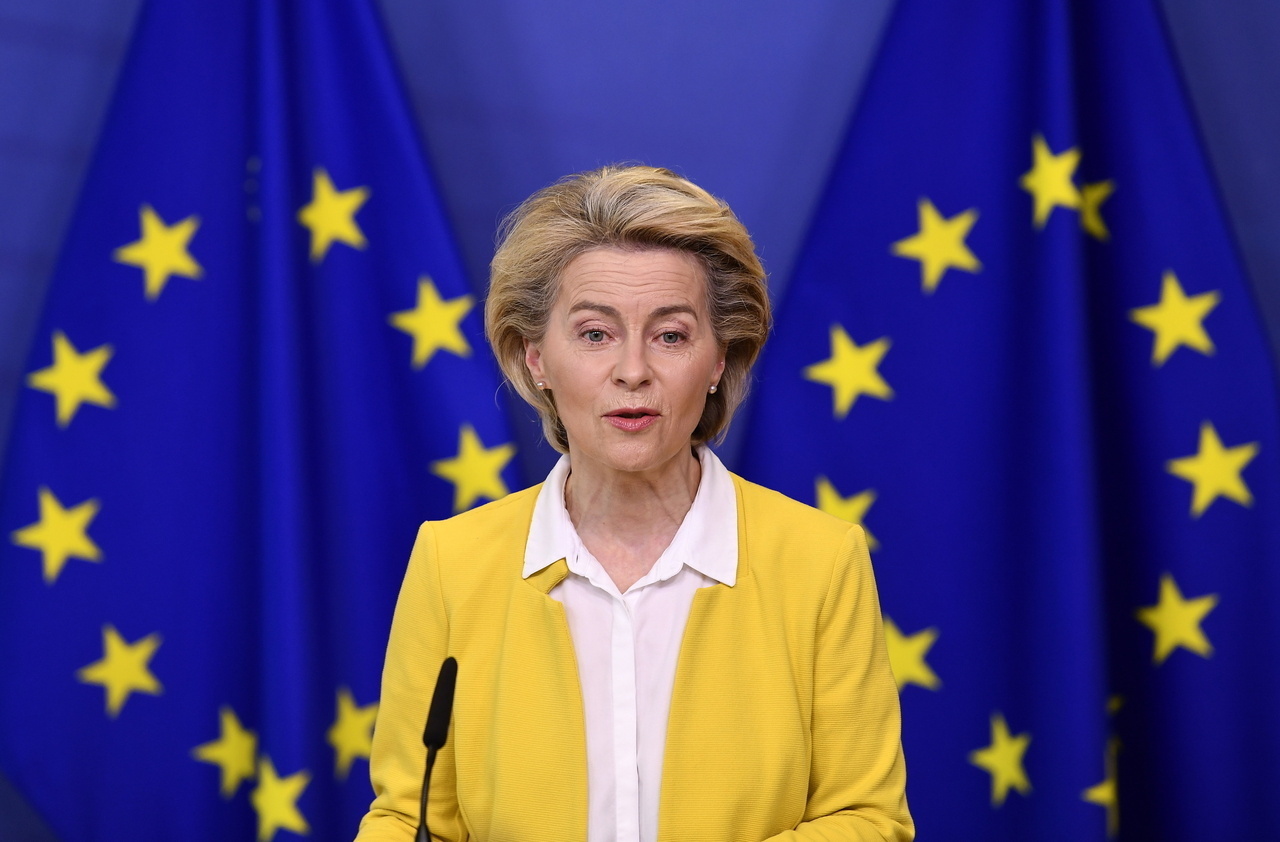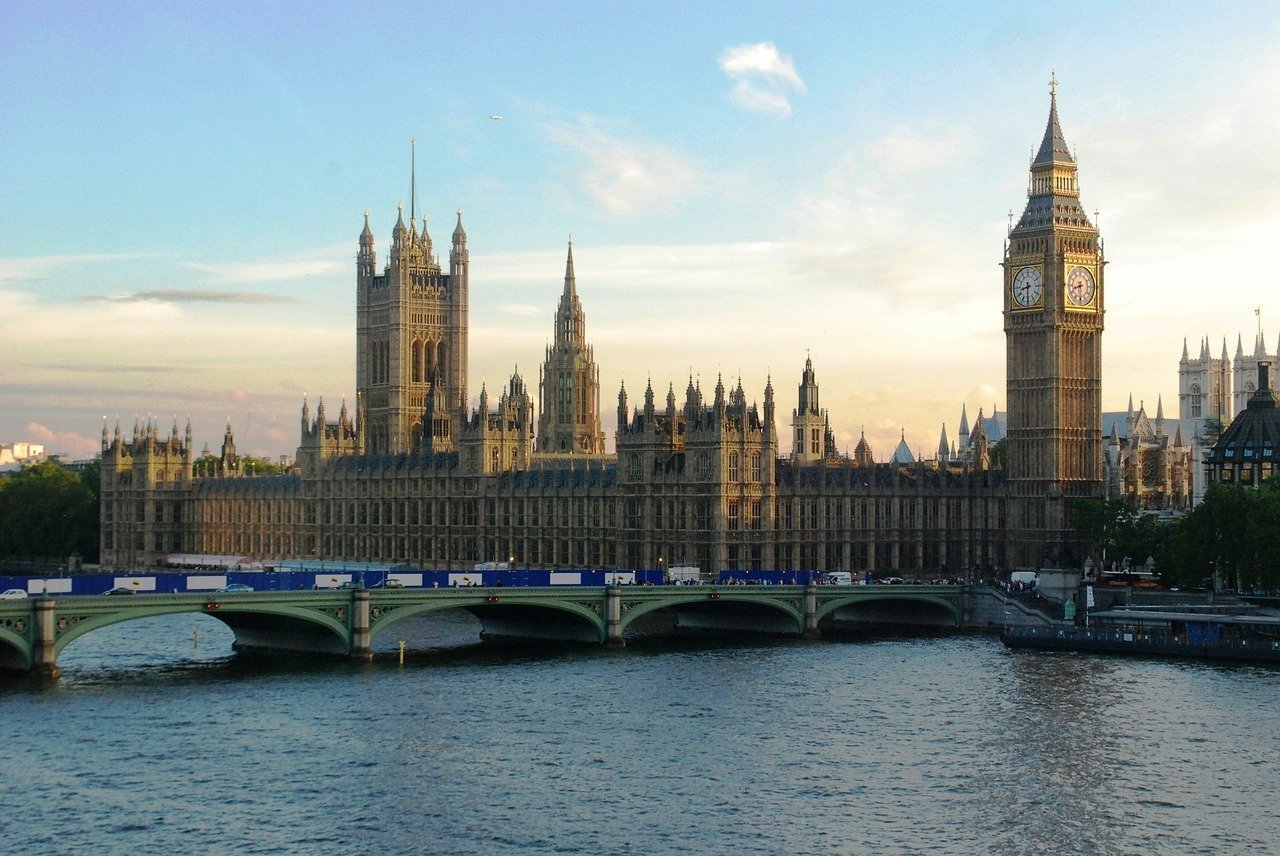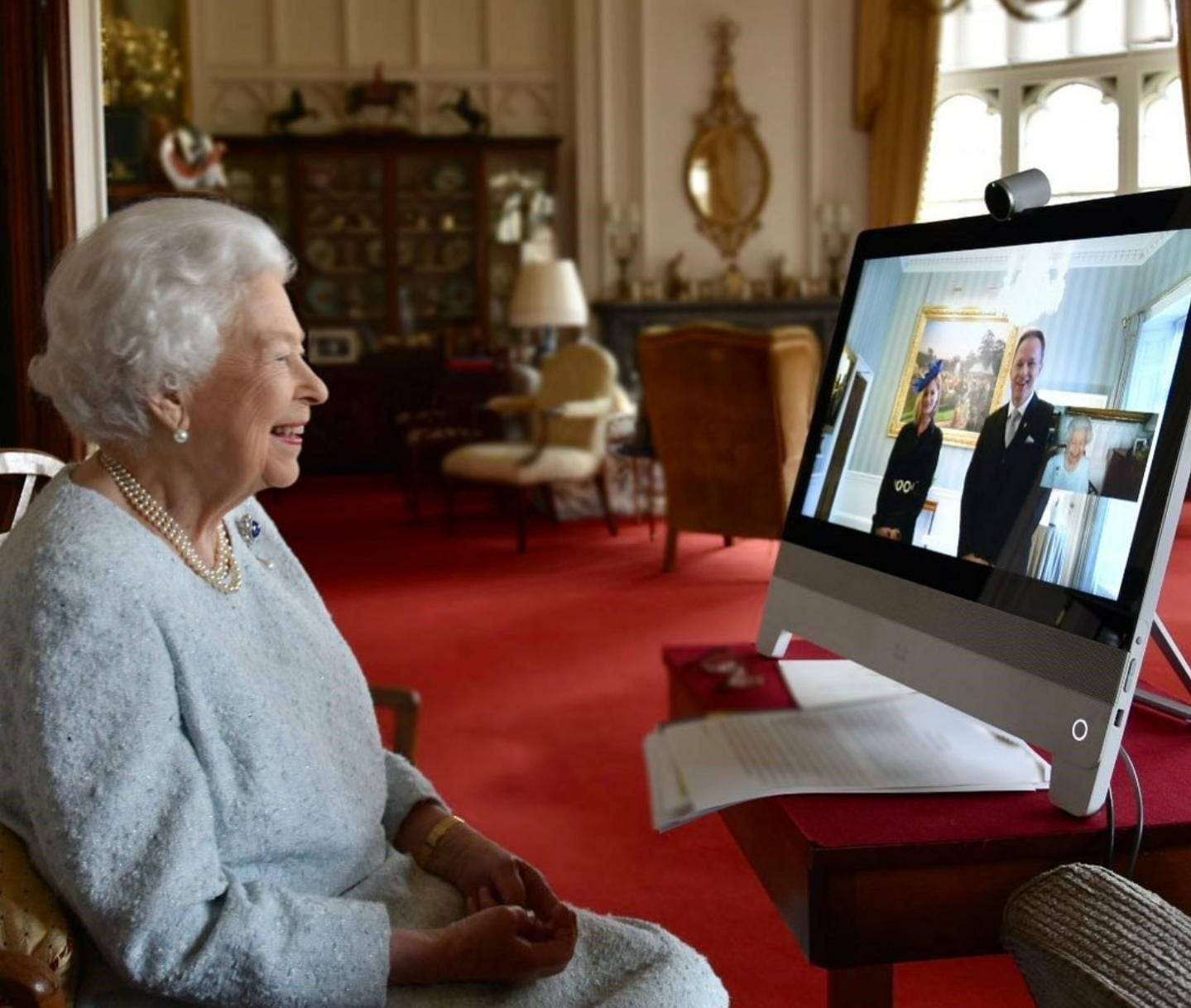London Court of Appeal rejects irrevocably the “WSCUK” petition against Morocco-UK Association Agreement

The London Court of Appeal rejected by its decision made on Thursday 25 May 2023 the request for appeal submitted by WSCUK (Western Sahara Campaign UK) against the Morocco-UK Association Agreement.
The London Court of Appeal irrevocably rejected the appeal made by the ally of Polisario, the NGO ” WSCUK” regarding the reconsideration of the Association Agreement between Morocco and the United Kingdom.
Several European media highlights the repeated failures of the instigators of the Sahara conflict to persuade the British judiciary to re-examine the post-Brexit trade Agreement concluded and supported by the two Kingdoms.
This dismissal comes after the London Administrative Court’s previous decision to reject the NGO’s application in December 05, 2022, as well as the decision of the High Court of New Zealand in March 2021, which refused to rule on the request for a judicial review initiated by the Polisario.
This judgement of London Court of Appeal provides further evidence of the legal validity and the effectiveness of the Association Agreement linking the two countries, which benefits also to the populations of the Sahara region.
The ruling confirms, also, the legitimacy of the Kingdom’s actions in Sahara, and the conformity of its use of natural resources in accordance with international law. It recognized, as well, that the Polisario has absolutely no mandate in the economic development and the governing of the region.
In its decision, the Court, has kept distance from any political involvement of the regional dispute over the Sahara, and thereby confirmed the exclusive competence on the issue of the UN Security Council. In the same time, the British judiciary consolidated the legal certainty of the above-mentioned Agreement which will contributes to the consolidation of the partnership between the Kingdom of Morocco and United Kingdom, and provides further legal visibility to economic operators and investors concerned by the implementation of this Agreement as well.
This Agreement, which was signed in London on October 26, 2019, and has been in force since January 1, 2021, enabled also the two Kingdoms to establish a structured partnership on a long-term basis, with operational and institutionalized cooperation instruments, and driven by a shared ambition to strengthen the economic and commercial relations in all sectors of cooperation. The trade between the two countries has grown steadily since the agreement was signed, with bilateral flows peaking at £2.9 billion in Q3 2022, up £1 billion on the same period last year.
The Agreement restores, in the context of bilateral relations, all the effects that the two countries granted each other, mutually, within the framework of the Morocco-EU Association Agreement, ensuring the continuity of trade between Morocco and the UK after Brexit.



